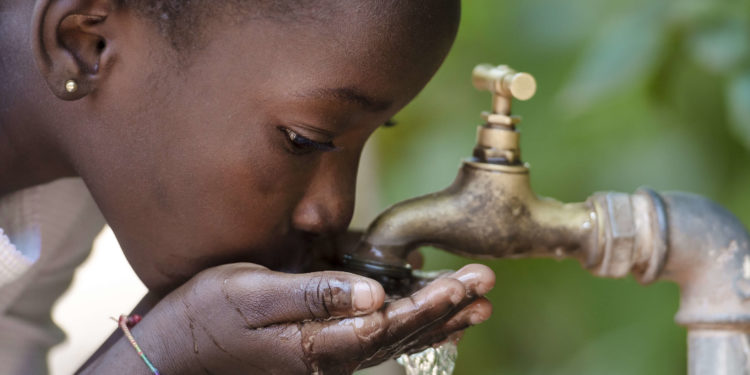The Ministry of Health has confirmed a cholera outbreak affecting three counties in Kenya—Migori, Kisumu, and Nairobi—leaving six people dead and 97 others infected as of April 6, 2025.
In a statement released on April 8, the Ministry described the outbreak as serious and emphasized the urgency of seeking medical attention for anyone displaying symptoms. Cholera, a highly infectious waterborne disease caused by Vibrio cholerae, is contracted through consumption of contaminated food or water. The symptoms include severe watery diarrhea, vomiting, muscle cramps, and dehydration, which may occur within two hours to five days of infection.
“Cholera is a serious disease that can lead to rapid dehydration and potentially death if left untreated,” the Ministry warned, urging immediate medical attention for anyone showing signs of infection.
Migori County has reported the highest number of cases, with 53 infections and one death. The most affected sub-counties include Suna East, Suna West, Kuria East, and Kuria West. In Kisumu County, 32 cases and four deaths have been reported, with outbreaks concentrated in Nyando and Muhoroni. Nairobi County has reported 12 cases and one fatality, affecting areas such as Kasarani, Embakasi East and Central, Roysambu, Kibra, and Dagoretti South.
In response, the Ministry, working with county governments, has rolled out emergency interventions including enhanced surveillance, health worker training, and public awareness campaigns. These efforts aim to track cases, improve water hygiene, and promote risk communication through community health promoters.
The Ministry recommends several preventive measures, including regular handwashing with soap and clean water, drinking only treated or boiled water, safe food handling practices, and proper waste disposal. Households are also urged to disinfect surfaces, especially those used for food preparation.
Cabinet Secretary Hon. Aden Duale reassured the public that the government is on high alert and well-prepared to handle the outbreak. “We are on high alert in all counties. Surveillance activities have been stepped up, as well as intensified community awareness to ensure that any alerts are responded to in a timely manner,” he said.
He further advised Kenyans to avoid self-medication and traditional remedies, instead encouraging early health seeking. “At the first signs of diarrhea, start taking Oral Rehydration Solution (ORS) and seek immediate medical care,” he urged.
















